It’s no secret that China’s film business is booming. While the Middle Kingdom is currently contributing to some tremendously large profits by major blockbusters like the Avengers series, young and upcoming independent filmmakers have also been making their mark both internally and around the world at festivals like Cannes, Tribeca, Berlin Film Festival and plenty of others.
Alongside this running trend, point to incoming films like Roma and Capernaum, as well as Bohemian Rhapsody (brought to China by the National Alliance of Arthouse Cinemas) and we can see that China’s appetite for cinema has become much more diverse. It’s not just superhero films and mega-blockbusters, but stories that offer a varied view on life around the world.
China, itself, has never been a country bereft of cinematic talent. As directors from such diverse parts of the country as Tibet, Inner Mongolia, Guizhou and Shaanxi ply their trade, they have helped to shine a lot on the stories that make up the lives of minorities in these lesser-seen and lesser-heard-from parts of the country.
As such it is tremendously hard to narrow this list down to just 10 people, and it does not by any stretch capture the 10 best directors in the country because, you know, that’s subjective. But here’s 10 we recommend you check out.
Bi Gan

Image via China Film (Shanghai) International Media Co./IMDb
Director of one of our favorite controversial films of the year, Long Day’s Journey Into Night, Bi Gan has thus far brought viewers on deeply beautiful visual journeys through his home province, Guizhou, while also shining a light on ethnic minorities that populates cities like Bi Gan’s hometown, Kaili. Bi Gan has become notorious for his dreamy, extended single-shot takes and his preoccupation with depictions of dreams, as seen in Kaili Blues and later Long Day’s Journey Into Night. While the latter was featured in the Un Certain Regard section at the 71st Cannes Film Festival in 2018, Kaili Blues earned Bi Gan the award for Best New Director at the prestigious Golden Horse Awards in 2015.
Diao Yinan
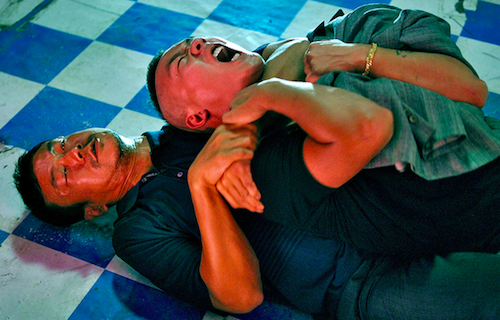
Image via Omnijoi Media /IMDb
Diao Yinan’s fourth feature film, the much anticipated Wild Goose Lake, appeared at this year’s Cannes Film Festival, the Shaanxi director is another who takes the approach of focusing in on the less-documented factions of Chinese society, this time placing his focus on a member of a biker gang in South China. Based on stills we have seen of that film, Yinan takes viewers into a neon-lit, pitch-dark heart of southern darkness. Yinan teamed up with Vivian Qu, who acted as producer, on his previous film, Black Coal, Thin Ice, which is set in the extreme North of China, in Heilongjiang, where detectives come across dismembered body parts in coal shipments.
Lisa Zi Xiang
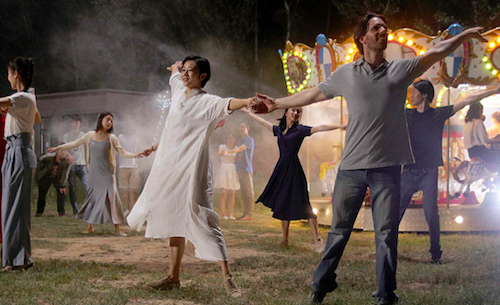
Image via Acorn Studio/IMDb
In her debut feature film, A Dog Barking at the Moon, Lisa Zi Xiang focuses on women who have unwittingly married gay men, and the emotional fallout that results when they find out these marital secrets. Shown this year at the Inside Out Toronto LGBT Film Festival, alongside the likes of a depiction of Armistead Maupin’s seminal Tales of the City by Alan Poul, A Dog Barking at the Moon also received a special jury prize earlier this year at the Berlin Film Festival. The title of the film is a poetic reference to the pointlessness of a daughter’s efforts to encourage her mismatched parents to get a divorce.
Vivian Qu
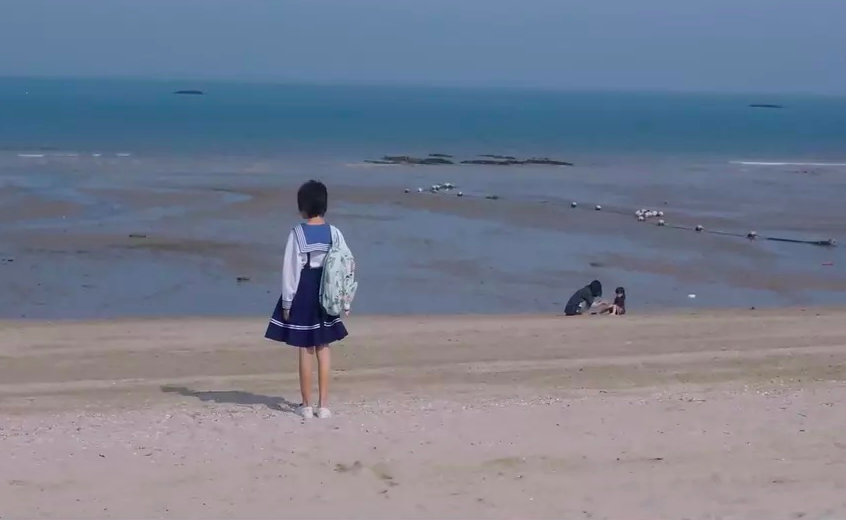
Image via 22 Hours Film/IMDb
Born and raised in Beijing, Vivian Qu moved to New York in the ’90s where she studied art, history and fine arts. She has made a name for herself as a director and producer, with two directorial credits to her name, Trap Street and Angels Wear White, both of which were made in the Chinese language and both of which appeared at the Venice International Film Festival. The first, Trap Street, focuses on a map-maker in South China trying to track down a woman using a network of CCTV cameras that he has installed, while the second, Angels Wear White, again takes a critical look at the use of surveillance cameras, this time as used to record a crime.
Zhang Dalei
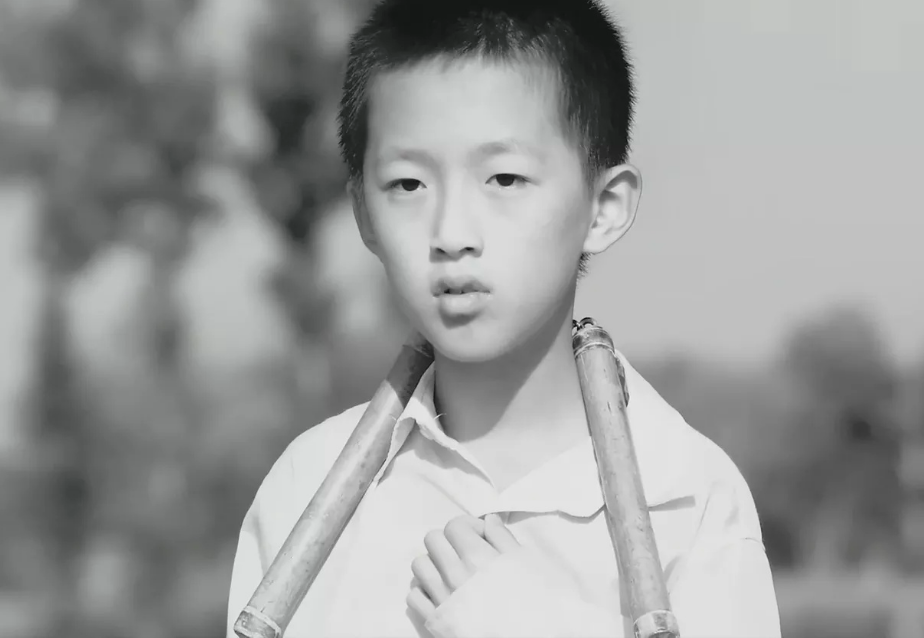
Image via Beijing Mailis Pictures/IMDb
Zhang Dalei’s debut feature film, Summer is Gone, is shot in black and white and centers around a young boy growing up in a town in Inner Mongolia. The nostalgic nature of this filming technique, set alongside the epistemological narrative and the ever-changing nature of society in China won Dalei a lot of fans, and also saw the film pick up the award for best feature at the Golden Horse Awards in 2016. Staying with the theme of seasons, Dalei’s follow-up was called In Winter and follows a man who is saved by his friends after a suicide attempt, later deciding to go in search of his ex-girlfriend after an encounter with a Russian singer in a bar.
Xin Yukun
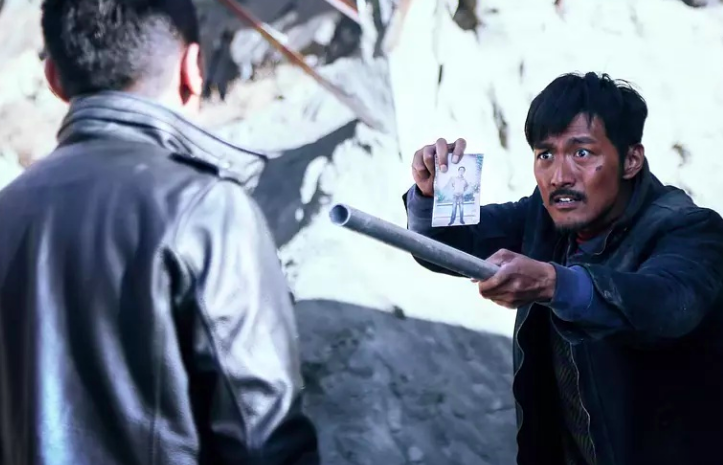
Image via Bingchi Pictures/IMDb
After the release of 2014’s The Coffin in the Mountain, Xin Yukun’s first full length feature, the director garnered a ton of fans around the world, and positioned him as one of the leading voices of China’s new cinematic generation. The Coffin in the Mountain picked up awards at China’s own art house awards – FIRST International Film Festival – as well as at the Venice International Film Festival and the Warsaw Film Festival. He followed that up with The Wrath of Silence, an intriguing story of a mute father searching for his missing child, a sheepherder in North China.
Cai Chengjie

Image via Beijing Glazed Sky Production/IMDb
The Widowed Witch, Cai Chengjie’s first full-length release, caused quite a stir when it was released in 2018, marking this young director’s arrival on the scene with a film that was praised for its intriguing plot. It sees a thrice-widowed woman, who is thought to be cursed by the town locals, re-invent herself as a Shaman in North China. The Widowed Witch snagged an award at the Rotterdam Film Festival, and marked Cai Chengjie as one to watch with a real flair for crafting intelligent, funny and quirky storylines that comment on China today.
Chloe Zhao

Image via Courtesy of Sundance Institute/IMDb
While Beijinger Chloe Zhao is now working on the undeniably not-indie film, Marvel’s The Eternals, she began her career making successful American indies like Songs My Brother Taught Me and The Rider. The 37-year-old stands apart from other directors on this list, as all of her feature films have been rooted firmly in the US, where she studied film production. Her first feature, Songs My Brother Taught Me, revolves around a Native American ranch in South Dakota and made appearances at Cannes Film Festival, and was also nominated for the Independent Spirit Awards.
Lhapal Gyal
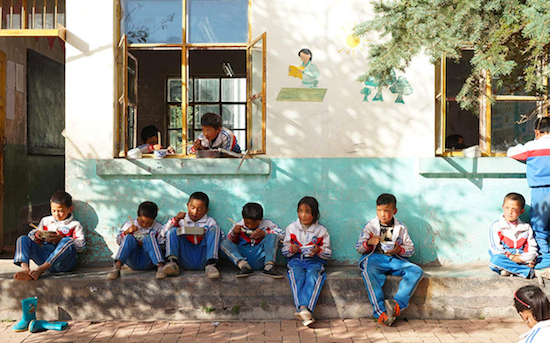
Image via Beijing Youth Film Production/IMDb
Harking from Tibet, Lhapal Gyal is another on this list whose work shines a light on the lives of minorities living in China. He brought his first full-length feature film, Wangdrak’s Rain Boots, to the Berlin Film Festival last year and received resounding applause from the audience. Born in Qinghai, and having studied at the Beijing Film Academy, Lhapal Gyal is one of a number of Tibetan directors who are receiving praise for their depictions of how life is changing for people in the mountainous Southwest region, while also helping to make and maintain a record of Tibetan culture.
Wei Shujun
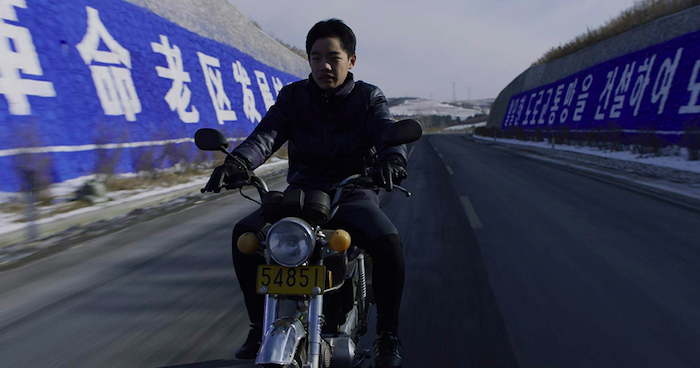
Image via Weishujun Film Studio/IMDb
Wei Shujun made his Cannes Film Festival debut in 2018 with On The Border, a short that clocked in at about 15 minutes. The film focuses on a Korean teen who decides to leave his town but must find his father to ask for money for his trip. One of two short film directors from China, alongside Shen Di, to appear at the film festival in 2018, Shujun has been hailed as one of the most exciting young filmmakers to come out of China in recent years. His previous feature, Duck Neck, debuted at the Busan Film Festival, and with a much more substantial 93-minute timeline for viewers to work with.
Click here to see recent movie releases in China.
[Cover image via Image via Beijing Mailis Pictures/IMDb]
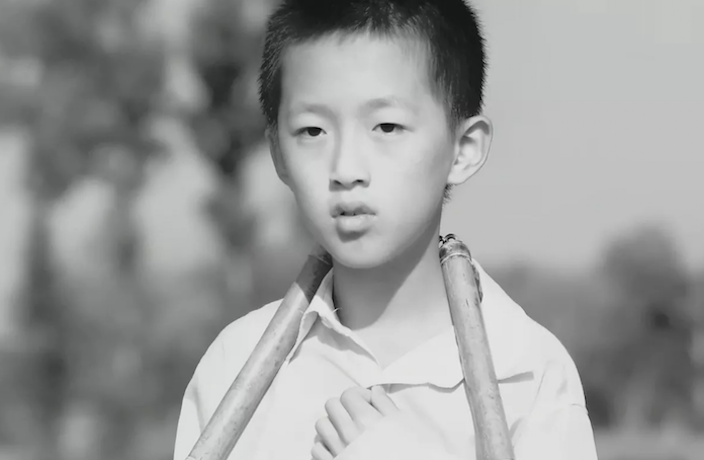




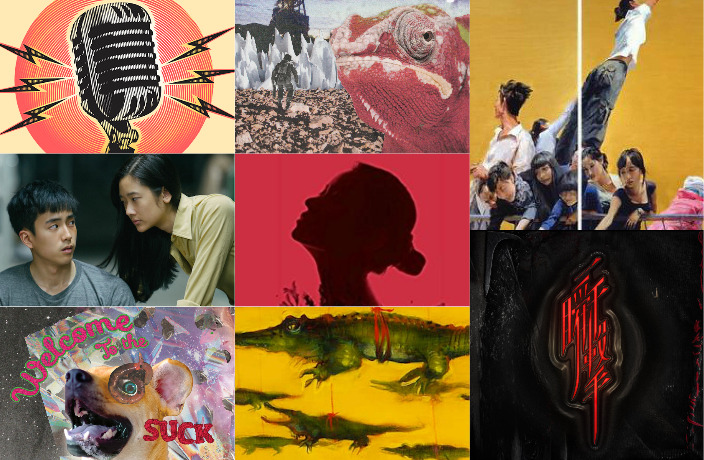















0 User Comments